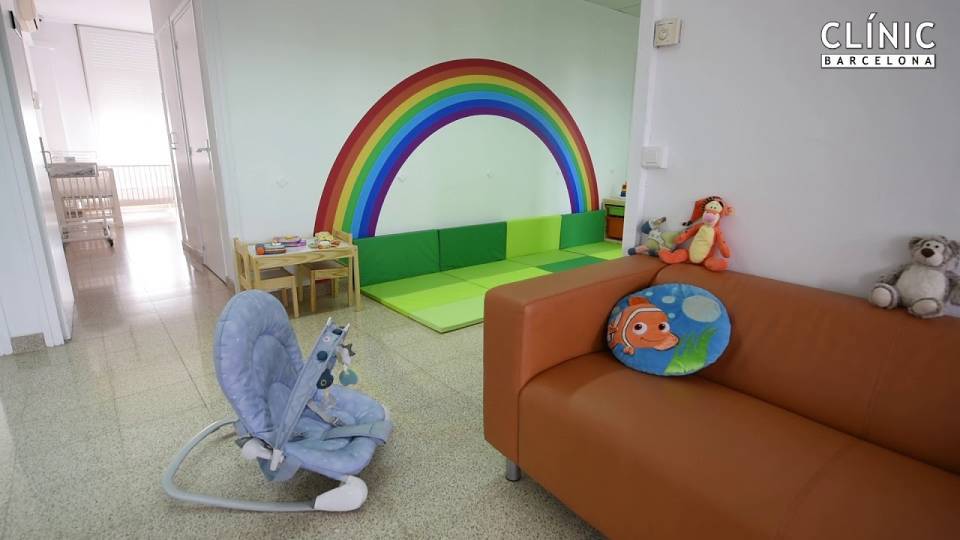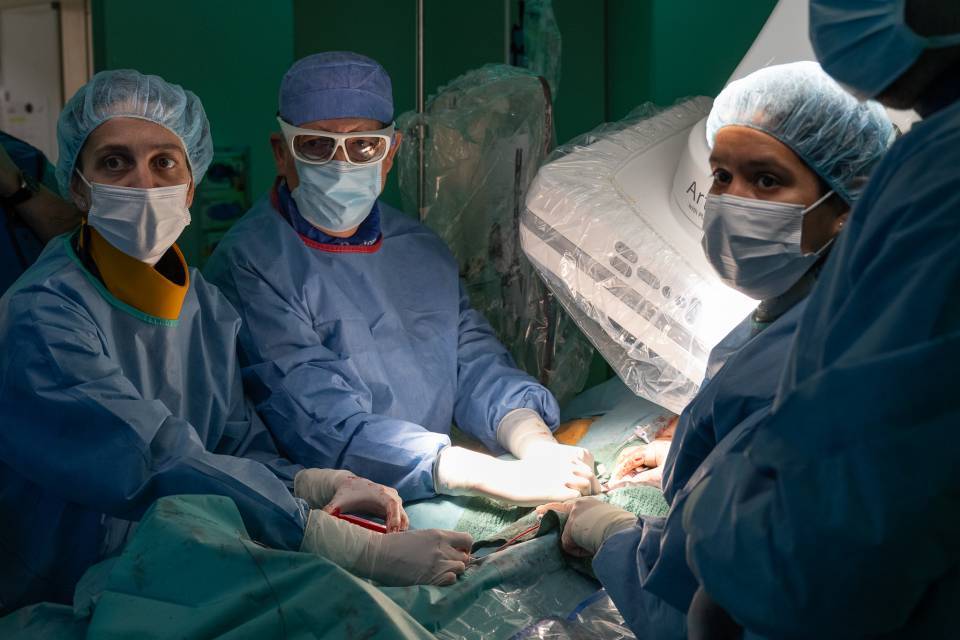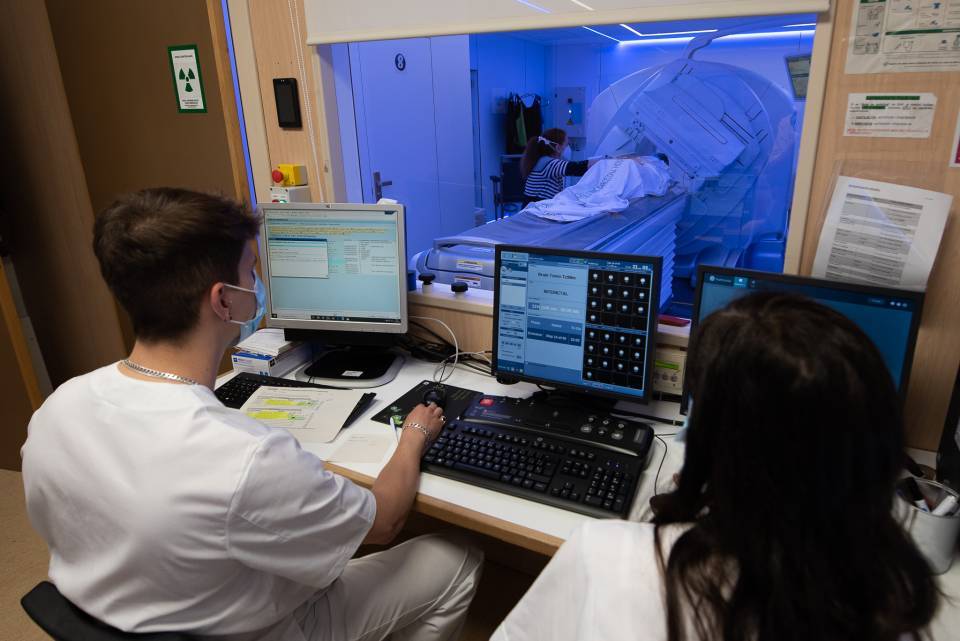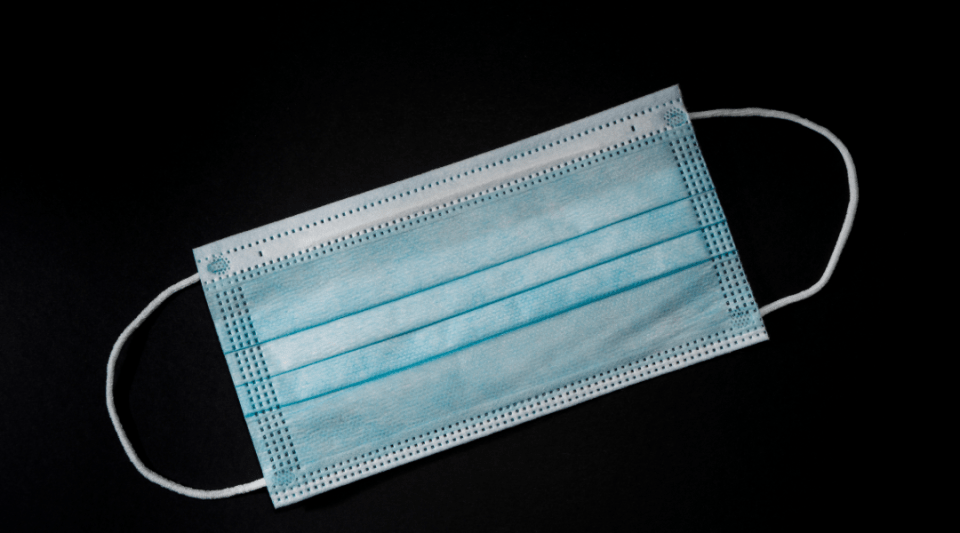One in four women suffers mental health issues during pregnancy and/or postpartum, and only one in every five receives proper treatment. Perinatal mental disorders (PMD) not only affect the mother's wellbeing and functioning, but also the obstetric and neonatal results, the mother’s bonding with her baby and the latter’s development. The absence of proper treatment has a significant impact on the mother and/or pregnant woman, the child, the family and society as a whole.
Postpartum Depression (PPD) is one of the most common mood disorders associated with childbirth. It can appear weeks after the baby's birth or during the first 12 months after delivery. It is characterized by the presence of a persistent state of sadness, lack of interest and enthusiasm, the desire to cry, low energy, changes in eating and sleeping patterns, and feelings of guilt for not being a good mother. This state is accompanied by significant anxiety, impacting the maternal functions of self-care, breastfeeding, bonding and nurturing. The causes of PPD are not yet fully understood. Different types of vulnerability have been described, including: genetic vulnerability, cognitive vulnerability, neurohormonal vulnerability and psychosocial vulnerability. Effective pharmacological treatments and psychological interventions exist to treat PPD, and the baby must be included in the care provided to mothers suffering this disorder, in order to ensure the proper assessment and treatment of any possible difficulties in bonding or nurturing.
The Hospital Clínic’s Perinatal Mental Health Unit (USPM) treats all perinatal mental health (PMH) problems including the disorders suffered by women during pregnancy and/or the first 12 months after delivery, in particular those specifically linked to the perinatal stage such as PPD, postpartum psychosis, bonding problems due to maternal mental disorders, postpartum post-traumatic stress disorders and perinatal disorders associated with perinatal grief and mourning.
There is still a long way to go before we achieve proper care for PMH problems. It is important to continue to promote their detection and treatment, and research is required focusing on perinatal mental health problems and their impact. Specific units also need to be created in order to treat these problems properly.
Therefore, since 2016, on the first Wednesday in May each year, different scientific societies celebrate World Maternal Mental Health Day, in order to raise awareness about the importance of mental health during the perinatal period. And, at the Hospital Clínic’s USMP, we commemorate this day each year because #MaternalMHmatters.




